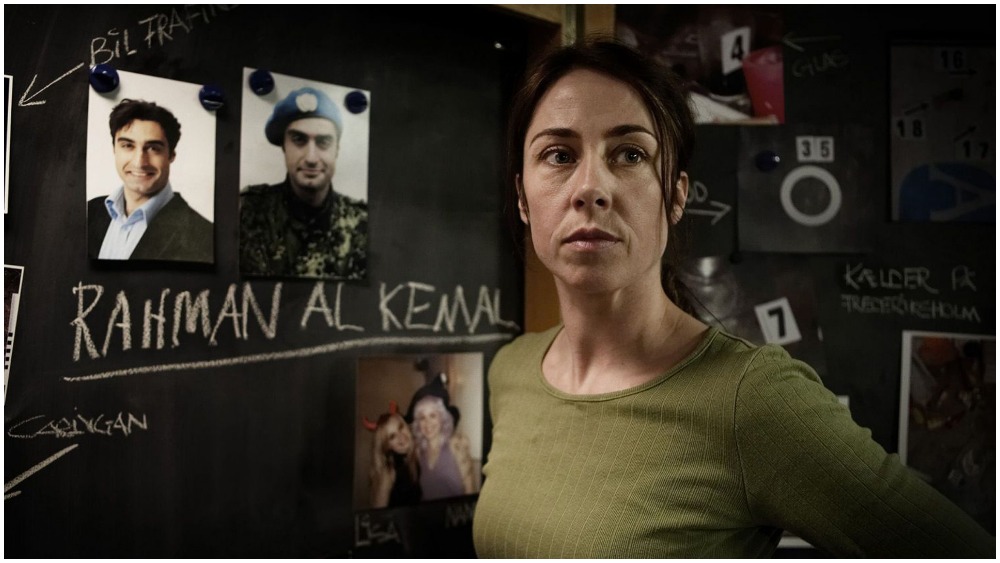BBC Four, Former U.K. Home of ‘Mad Men,’ ‘The Killing,’ Faces Uncertain Future
By Steve Clarke
LOS ANGELES (Variety.com) – One of the BBC’s most loved U.K. TV channels — once the home of “Mad Men” and “The Killing” — is facing uncertainty following the departure of a key executive.
Last week in a surprise move, the BBC announced that BBC Four editor Cassian Harrison will leave his post to take a new international job at BBC Studios overseeing global networks including BBC Earth and BBC Brit.
The reshuffle has set tongues wagging that Harrison’s decision to jump ship will lead to the demise of BBC Four, once the undisputed home of TV arts and culture in the U.K. and a magnet for older, upscale audiences. The BBC has denied this is the case, pointing out that BBC Two controller Patrick Holland will now oversee BBC Four.
But whatever the future of BBC Four, tough choices will have to be made in the months ahead regarding the line-up of BBC linear channels and their relationship to the online world.
The BBC’s outgoing director general, Tony Hall, has already signalled that further economies are on the cards due to the impact of the coronavirus pandemic.
Of late, BBC Four has begun to look in need of an injection of cash as its more expensive shows, especially scripted fare, have disappeared from the schedule. “BBC Four is barely recognizable as its former self,” opined an erstwhile British TV critic.
“Apart from Friday nights (when it shows music documentaries) it’s obvious that the channel is being starved of resources. It used to have a nightly news program and breakout shows like (Armando Iannucci’s) ‘The Thick of It,’” they said.
Launched in 2002 with the motto “everybody needs a place to think,” its first controller, Roly Keating, described the station as “a channel that had culture and ideas at the heart of the schedule, rather than as an occasional treat in between other programs.”
A drama about Salvador Dali sat alongside inspired acquisitions from the U.S. and Scandinavia. BBC Four pioneered showcasing Nordic noir drama in the U.K. and edgy comedy like Iannucci’s “The Thick Of It.”
Harrison took over BBC Four in 2013. Faced with a tightening of the purse strings — the channel’s costs are reported to have been reduced by up to a minimum of 20% in recent years — he has needed to think laterally.
One response to the cuts was “slow TV,” a bus journey through bucolic English countryside filmed in real time or an austere documentary made inside a Scottish Benedictine monastery.
These shows have proved to be surprisingly popular and influential. But this approach has allowed rivals, like Sky Arts, to muscle in on what used to be BBC Four’s exclusive territory.
It’s a moot question whether the BBC would dare to axe BBC Four and alienate its core constituency. “It’s as cheap as chips,” said one former BBC boss. “You don’t actually save that much money by shutting it.
“Better to keep it as an arty repeats channel, and give it space for things like the Proms (the BBC’s annual festival of mostly classical music played live from London’s Royal Albert Hall),” said the executive.
One possibility is that BBC Four might merge with BBC Two and leave youth friendly BBC Three to be re-introduced as a traditional linear channel.
BBC Three went online-only four years ago, a move widely regarded as a mistake given the problems the BBC has in persuading younger audiences to view its services.
However, despite being an online channel, BBC Three has consistently punched above its weight commissioning acclaimed shows like “Fleabag” and comedy “Famalam” featuring an all-black cast. Moreover, the COVID-19 crisis has shown that under-35s stuck at home will watch linear TV as well as binge on Netflix.
It’s possible that Lord Hall, mindful of his legacy as he prepares to leave the public broadcaster later this year, might come up with a compromise. This would somehow protect BBC Four while promoting BBC Three so that it once again has a linear life.
“I’d be a little bit surprised if they actually scrapped BBC Four,” says the ex-BBC topper. “I think it’s more likely that BBC Three will go back to being a TV channel than Four is axed.”

